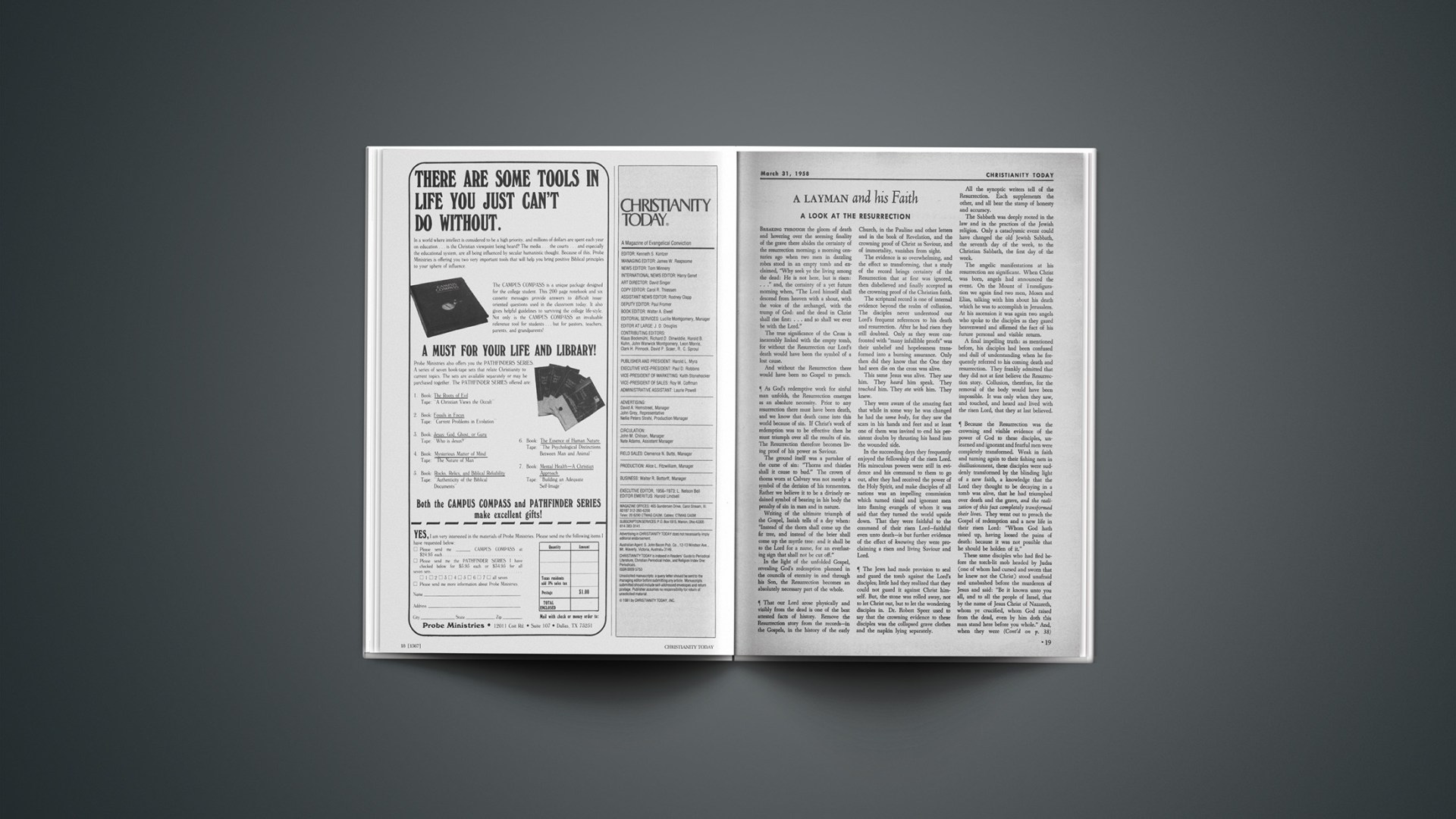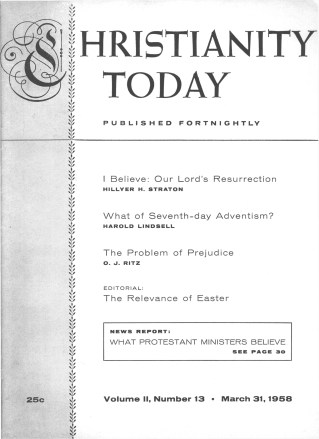Blessed be the God and Father of our Lord Jesus Christ, which according to his abundant mercy hath begotten us again unto a lively hope by the resurrection of Jesus Christ from the dead. (1 Peter 1:3).
All our blessings are bestowed upon us by the Father, without our desert, of sovereign mercy. This is the true evangelical doctrine, which we must preach. O how little do we find of this preaching, even in the best books. There is here nothing to be praised, but the great compassion of God.
Hath begotten us again. The meaning is, that as God is the Author of our life in a natural sense, so he is the Author of our second life by regeneration. The Saviour said, that “except a man be born again,” or begotten again, “he cannot see the kingdom of God.” Peter here affirms that that change had occurred in regard to himself and those whom he was addressing.
Father Of Our Lord
As formerly, in calling himself the God of Abraham he wished himself to be distinguished by this mark from all fictitious gods, so after he manifested himself in his Son, he wishes to be no otherwise known than in him. Therefore, they who form to their apprehension the naked majesty of God without Christ, have an idol in the room of God.
WILHELM STEIGER
The believers whom Peter wrote to were stranger Jews, cast out and dispersed from their own land and inheritances. To comfort them against this their dispersion, he puts them in mind of another and greater inheritance, which also by a birth higher and diviner than that of theirs from Abraham, who gave them right to the other inheritance in Canaan. The carnal Jews boasted of his birth from Abraham, as that whereby also they boasted God to be their Father. And when they had occasion to bless God for any eminent mercy, their form of blessing was “Blessed be the Lord God, the God of Israel” (Ps. 72:18). Instead of entitling God by the name of “God of Israel,” Peter teacheth them to enstyle and bless him now as the “God and Father of Jesus Christ,” and to view him upon that account as become a God and Father unto them.
THOMAS GOODWIN
How is it, then, that this holy and righteous God blesses sinful men with all heavenly and spiritual blessings? How is it that he makes them his children, gives them a heavenly inheritance, and cheers them with a living hope? It is as “the God and Father of our Lord Jesus Christ” that he does all this. In the riches of his sovereign mercy he determined to save an innumerable multitude of sinful men, and in the depth of his wisdom he formed a plan for realizing the determination of his mercy, not merely in consistency with, but in glorious illustration of, his holiness and justice. The leading feature in that plan is, the appointment of his only-begotten Son to be the representative of those who were to be saved, to be dealt with as they deserved to be dealt with, that they might be dealt with as he deserved to be dealt with.
JOHN BROWN
By The Resurrection
As Christ died as the head and representative of his people, his resurrection secures and illustrates theirs. As he lives, they shall live also. If he remained under the power of death, there is no source of spiritual life to men; for he is the vine, we are the branches; if the vine be dead the branches must be dead also.
CHARLES HODGE
The resurrection of our Lord not only brings his work to the first stage of its completion; it is God’s own attestation of his acceptance of all that our Lord had done, and that in two respects,—(1), as to the manner in which it had been accomplished; (2), as to the fact that by it sin had been forever blotted out, and the foundation of the new life laid.
WILLIAM MILLIGAN
By the resurrection of Christ, God having declared himself pacified, hath opened all the treasures of his grace to Christ for the framing a new generation in the world to serve him; without which merit of the suffering, and discharge thereupon, there could not have been a mite of grace given out of God’s treasury for the renewal of the image of God in any one person. The spiritual resurrection of any one soul is as much the effect of this resurrection of Christ, as the resurrection of bodies shall be at the last day. That power which doth raise any soul from a death in sin, would never have wrought in any heart without this antecedent to it, it would have wanted the foundation of satisfaction, for God only sanctifies as a God of peace. And therefore the power which was exerted for the raising of Christ from the grave was put forth as a power to work in the hearts of all his seed.
STEPHEN CHARNOCK
There is an intimate connection between the saints’ resurrection and that of Jesus Christ. The simple reunion of their souls and bodies, is not to be considered as the effect of his mediation, because the same thing will take place with respect to the wicked. To the wicked the resurrection is not a privilege, but a curse; it is not the effect of the goodness, but of the avenging justice of God. What the saints owe to his mediation is a happy resurrection, the change of a tremendous evil into an unspeakable blessing. As he died not for himself, but for them, he has taken away the sting of death, or made it cease to be a penal evil to them; and rising in the character of their surety, he secured that they also shall rise, to enjoy the immortal life which is the recompense of his merit.
JOHN DICK
Living Hope
If it were not for hope, the heart would break; as they do whose lives and hopes end together. True hope lives when the man dies.
JOHN TRAPP
Dead hopes—sickly, dying hopes—are common enough among men. But here, at last, is such a hope as becomes the children of the living God. This hope has life in itself, and it imparts life and has life also, eternal life, for its object. Even in the dust of the sepulchre blooms this heavenly flower, and over it, as over the living Christ, death hath no more dominion.
JOHN LILLIE
We are said to be begotten again “to a lively hope,” where hope is taken objectively, as the following words show: “to an inheritance incorruptible, undefiled, and that fadeth not away, reserved in heaven for us.” And when, elsewhere, it had been said, “Every one that doeth righteousness is born of him” there is immediately subjoined a description of the future blessedness; whereto it is presently added, “And every man that hath this hope in him purifieth himself, even as he is pure,” implying the hope of that blessed state to be connate, implanted as a vital principle of the new and divine nature.
JOHN HOWE










